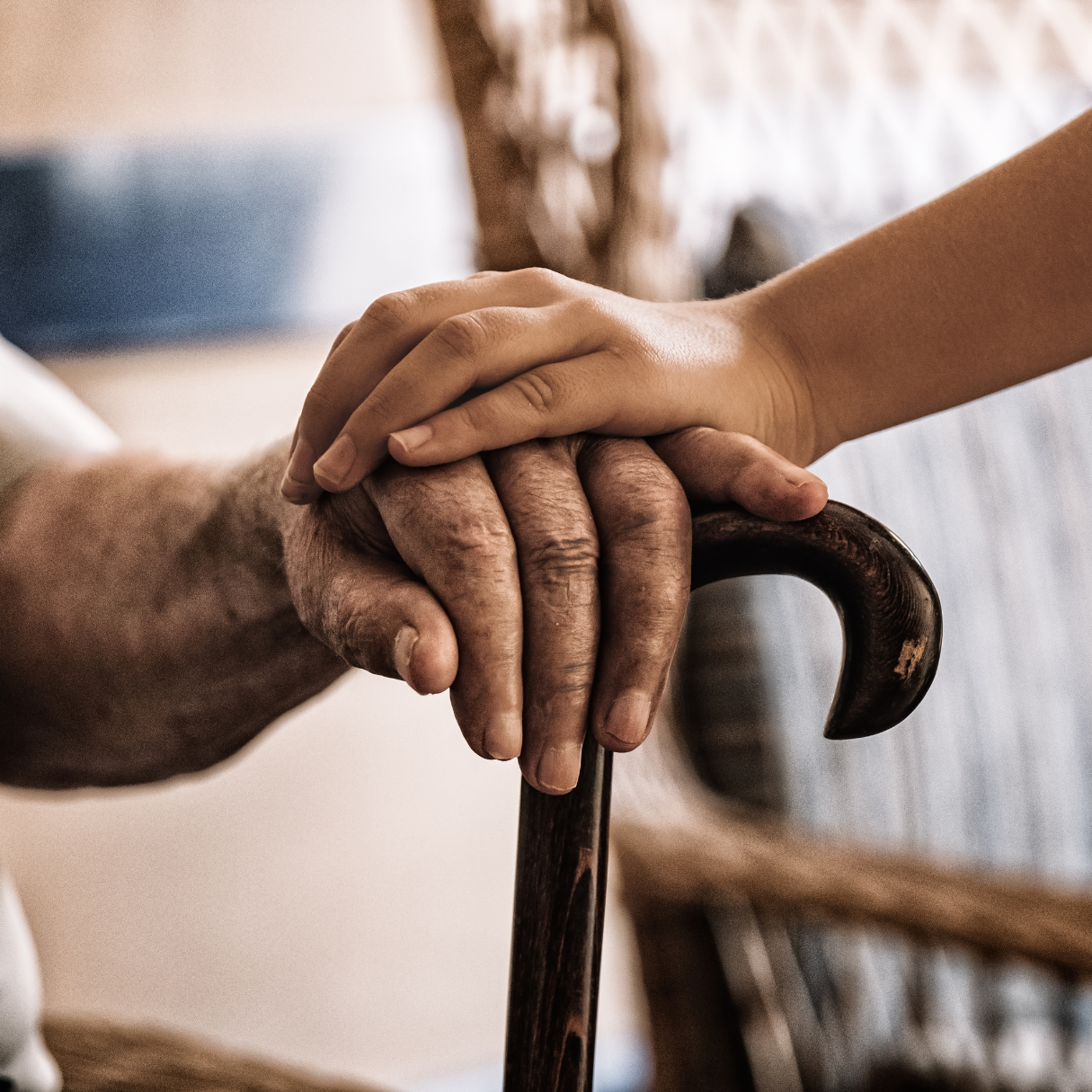How to Spot and Prevent Elder Abuse
June 14, 2024
| |
June marks Elder Abuse Awareness month, and the first step to awareness is understanding the warning signs of elder abuse so that we may spot it for ourselves and our loved ones. According to the  Center for Disease Control and Prevention (CDC), 1 in 10 adults aged 60 or older who live at home experience abuse. This is why it's important to understand how to spot this abuse and how to stop it.
Center for Disease Control and Prevention (CDC), 1 in 10 adults aged 60 or older who live at home experience abuse. This is why it's important to understand how to spot this abuse and how to stop it.

Elder abuse is often a complex issue which can stem from a variety of causes. These can include lifestyle adjustments, tensions due to new living arrangements, caregiver stress, societal attitudes towards older adults, and more ( American Psychological Association). According to the
American Psychological Association). According to the  APA, it also may occur in different forms, such as the following:
APA, it also may occur in different forms, such as the following:
Physical abuse, such as slapping, shoving, kicking, and other violent physical behaviors. It may also include inappropriate use of medications and physical restraints.
Verbal, emotional, or psychological abuse, which may appear as yelling, swearing, making threats, or disrespectful comments. Any type of coercive behavior that creates a power differential between the older adult and caregiver also falls under this category. Abusers may also isolate the person from family, friends, and regular activities.
Financial abuse and exploitation, ranging from a misuse of the older adult's funds to embezzlement. Some examples of financial abuse may include forging checks, taking Social Security or retirement benefits, using a person's bank account, as well as changing names on bank accounts, wills, house titles, and more.
Sexual abuse, including inappropriate touching or photographing the older adult in suggestive poses, or any other unwanted behavior.
Caregiver neglect, such as failing to meet the physical, social, or emotional needs of the older adult. Some signs are failure to provide food, water, clothing, medication, and assistance with day-to-day activities or personal hygiene. This neglect may be intentional or unintentional.
It's also important to note that elder abuse typically take place in the home, which may make it more difficult to see the signs outside of the home. If you are suspicious someone is experiencing elder abuse, look for some of these common signs:
- Unexplained bruises or cuts
- Lack of basic hygiene
- Sunken eyes or unexplained weight loss
- Lack of medical aids including walkers, hearing aids, or medications
- Untreated bedsores
- Unreasonably fearful or suspicious
- Lack of interest in social contacts
- Unpaid bills despite adequate financial resources
- Large withdrawals from the bank accounts or unusual ATM activity
Illinois Resources for Elder Abuse
 Land of Lincoln Legal Aid: This resource provides eligible low-income and older adult residents of central and southern Illinois with high quality legal services.
Land of Lincoln Legal Aid: This resource provides eligible low-income and older adult residents of central and southern Illinois with high quality legal services.  Legal resources and
Legal resources and  applications for legal services are available on this site.
applications for legal services are available on this site.- Local PD/Sheriff's Office: Contact your local police department or sheriff's office to report a case of elder abuse.
 Adult Protective Services: The Southern Illinois Visiting Nurse Association (SIVNA) provides Adult Protective Services. If you believe an older adult is being mistreated, make a report by calling SIVNA at 618-236-5863 or the Illinois Department on Aging's 24-Hour Helpline at 1-866-800-1409.
Adult Protective Services: The Southern Illinois Visiting Nurse Association (SIVNA) provides Adult Protective Services. If you believe an older adult is being mistreated, make a report by calling SIVNA at 618-236-5863 or the Illinois Department on Aging's 24-Hour Helpline at 1-866-800-1409.- Ombudsman Program: Ombudsman are representatives that provide advocacy for older adults who reside in long-term care facilities. They help residents get relief from cases of elder abuse and encourage long-term care facilities to adopt a more resident-centered approach. Visit the
 Illinois Department on Aging to learn how you can contact your local Ombudsman Program.
Illinois Department on Aging to learn how you can contact your local Ombudsman Program.
 Ombudsman Program that serves Bond, Clinton, Madison, Monroe, Randolph, St. Clair, and Washington counties in Illinois. Our Ombudsman provide community education, supports resident and family councils, and advocates for legislation that improves the rights of long-term facility residents.
Ombudsman Program that serves Bond, Clinton, Madison, Monroe, Randolph, St. Clair, and Washington counties in Illinois. Our Ombudsman provide community education, supports resident and family councils, and advocates for legislation that improves the rights of long-term facility residents.
